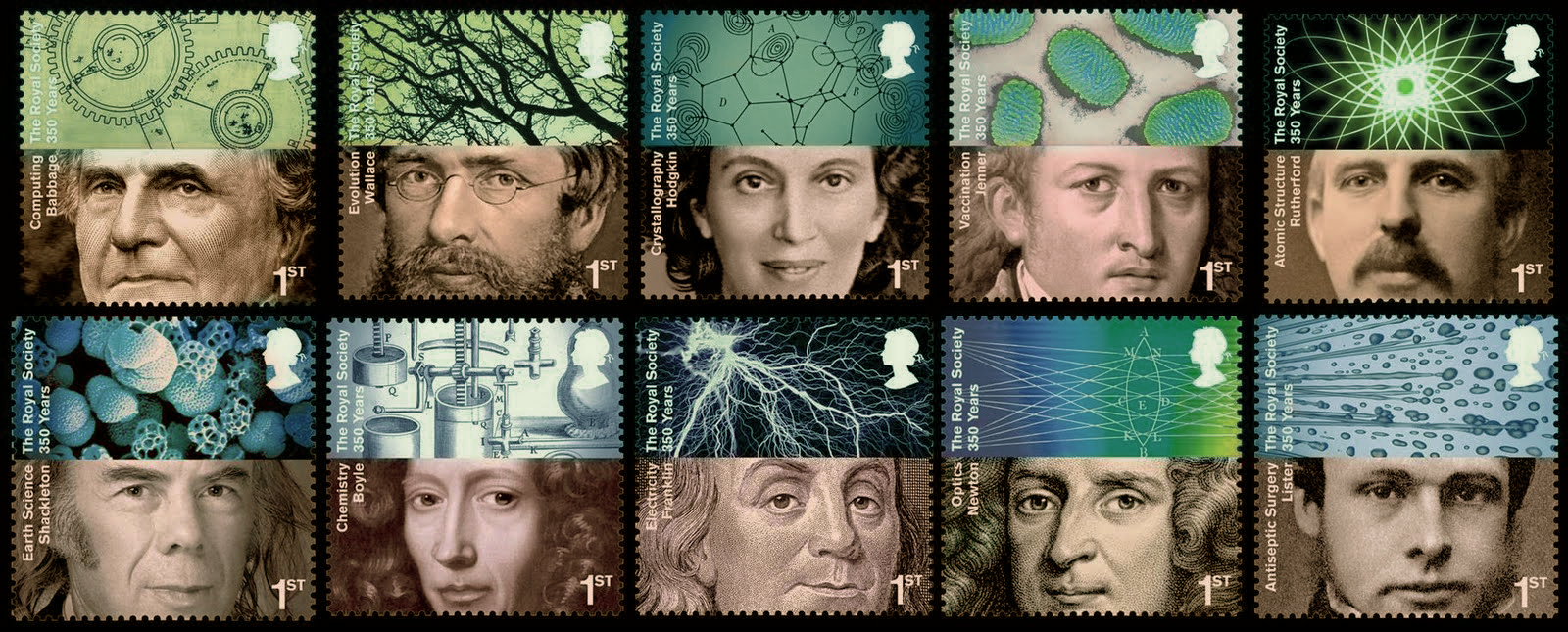Schedule
Thursday, December 6th: Evening Reception at Conference Hotel and Invitee Registration
Friday, December 7th: Public Conference Location and Schedule
Public conference events will take place in Photonics, 8 Saint Mary’s St., Boston, MA 02215, Room 906. Invited conferees will have breakfast and lunch in Barrister’s Hall in the Law School (765 Commonwealth Avenue). The Law School is behind Marsh Chapel, across Commonwealth Avenue from the Photonics Building. It is about a 5 minute walk.
To get to the Photonics Building, use these directions and/or this map.
Breakfast 7:45 – 8:45 (Barrister’s Hall) – Invitees only
Plenary Speaker: Bob Bain, University of Michigan: Using Science and History of Science in the Big History Project: Challenges and Possibilities
Public Conference
AM Sessions (PHO 906)
9:00 – 10:10 Introductory Comments/Panel I: History of HPS in Science Education
Gerald Holton, Harvard University: The Neglected Mandate: Teaching Science as Part of our Culture
Michael Matthews, University of New South Wales: HPS & ST: Looking Back and Going Forward
Panel Participants: Sevan Terzian, University of Florida
10:15 – 11:25 Panel II: HPS and the Science Frameworks
Richard Duschl, NSF: Framing the Learning/Teaching of Science and Nature of Science: Practices-Core Ideas-Crosscutting Concepts
Gregory Kelly, Penn State: Philosophy of Science and Science Education Reform
Panel Participants: Michael Ford, University of Pittsburgh; Jacob Foster, Mass DOE; Katherine McNeill, Boston College
11:30 – 12:40 Panel III: Teaching and Learning with HPS I: Outcomes for Teachers and Students
Fouad Abd-El-Khalick, University of Illinois at Urbana-Champaign: What History Teaches Us About Using History of Science to Teach About Nature of Science
Fanny Seroglou, Aristotle University of Thessaloniki: Science With a Background
Panel Participants: Katherine Brading, University of Notre Dame; Ricardo Lopes Coelho, University of Lisbon
Lunch 12:45 – 2:00 (Barrister’s Hall) — Invitees only
Plenary Speaker: David Klahr, Carnegie Mellon University: On the importance of defining before maligning: a case study from early science education
Public Conference
PM Sessions (PHO 906)
2:15 – 3:25 Panel IV: Teaching and Learning with HPS II: Outcomes for Teachers and Students
Xiaodong Lin-Siegler, Columbia University: Using the History of Scientists to Inspire or Motivate STEM Learning
Douglas Allchin, University of Minnesota: HPS from the Teacher’s Perspective: Three Approaches to Teaching the Nature of Science
Panel Participants: Frank Keil, Yale University; Michael Clough, Iowa State
3:30 – 4:40 Panel V: Using HPS in the Classroom: Ethical Reasoning and Modeling
Mildred Solomon, The Hastings Center: Integrating Bioethics into Secondary Science Education: Content, Pedagogy and Lessons Learned
Tina Grotzer, Harvard University: Patterns of Cognitive Engagement that Interact with the Nature of Science to Complicate Public Understanding of Complexity and Scientific Research
Panel Participants: Jeanne Chowning, Northwest Association for Biomedical Research; Luciana Garbayo, University of Texas at El Paso
4:45 – 5:55 Panel VI: HPS in K-12 Professional Development
Dietmar Höttecke, Universität Hamburg: History of Science in the Classroom – a Story of Obstacles to Overcome
David Rudge, Western Michigan University: Assessing the Impact of a Historically Based Unit on Preservice Teachers’ Views of the Nature of Science
Panel Participants: John Clement, University of Massachusetts Amherst; Barbara Crawford, University of Georgia
Dinner 6:30 – 8:30 (PHO 906) — Invitees only
Plenary Speaker: Patrick Morris, Menagerie: Let Newton Be!
Saturday, December 8: Working Groups (Invitees only)
Working groups will meet in breakout rooms in the School of Education, Two Silber Way, Boston, MA 02215. To get to the School of Education, use these directions and/or this map. The actual working group titles will be determined by the invitees.
Meals will be served in the Executive Dining Room on the 4th floor of the School of Management, 595 Commonwealth Avenue. The School of Management (SMG) is directly across the street from the School of Education (SED).
Breakfast 7:45 – 8:45 (Executive Dining Room)
Plenary Speaker: John Stachel, Boston University: MIND YOUR (THREE) P’S AND Q’S: Problems, Processes and People; Quest, Quality, Quantum
9:00 – 10:30 Morning Working Groups (School of Education conference rooms)
10:30 – 10:45 Coffee Break (SED)
10:45 – 12:30 Morning Working Groups
Lunch 12:30 – 1:30 (Executive Dining Room)
Plenary Panel: Perspectives from Historians and Philosophers of Science
1:30 – 3:30 Afternoon Working Groups (SED)
3:30 – 3:45 Coffee Break (SED)
3:45 – 6:00 Afternoon Working Groups (SED)
Dinner 6:00 (Executive Dining Room)
Sunday, December 9: Optional Farewell Breakfast and Working Group Chairs Write Reports
8:30 – 9:30 Breakfast at the Holiday Inn (conference hotel)
10:00 – 12:00 Working group chairs write final reports.
12:30 – 1:30 Lunch
2:00 – 6:00 Working group chairs complete reports
6:30 – 8:30 Dinner at a local restaurant


